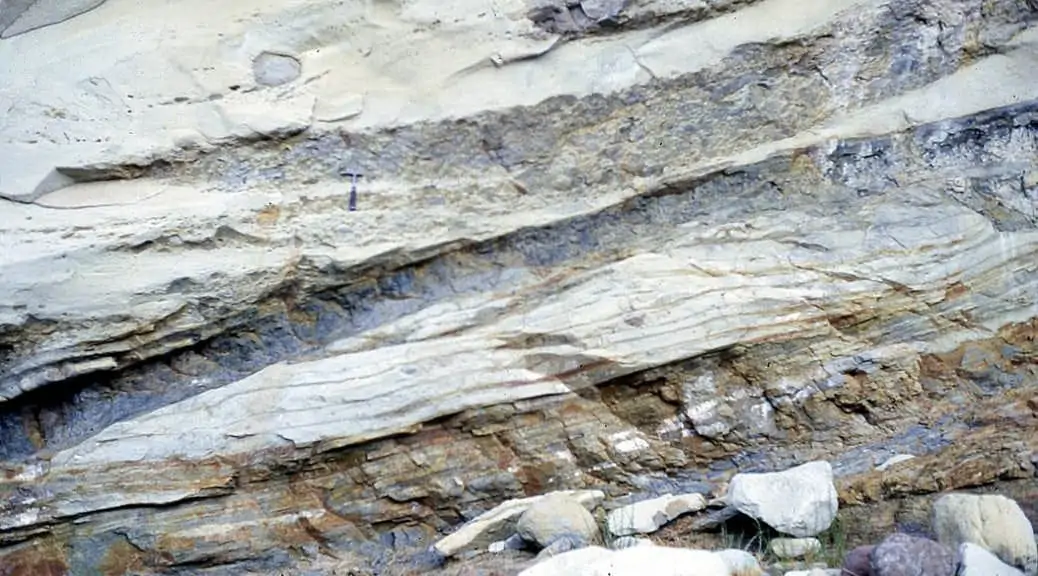Editorial – War and Weak Signals – While progressing through the raw mass of information of The Weekly and editing it, initially, it seemed obvious the editorial should focus on Obama’s visit to Asia, the TPP and especially on the U.S. President’s assertion in the Yomiuri Shimbun regarding the disputed Diaoyu/Senkaku Islands: “The policy of the United States is clear — the Senkaku Islands are administered by Japan and therefore fall within the scope of Article 5 of the U.S.-Japan Treaty of Mutual Cooperation and Security. And we oppose any unilateral attempts to undermine Japan’s administration of these islands”. The accommodating Chinese News reactions to this American statement, as a willingness to keep the U.S. outside the dispute, are also to be underlined …
Continue reading “The Red Team Analysis Weekly 149 – War and Weak Signals”





